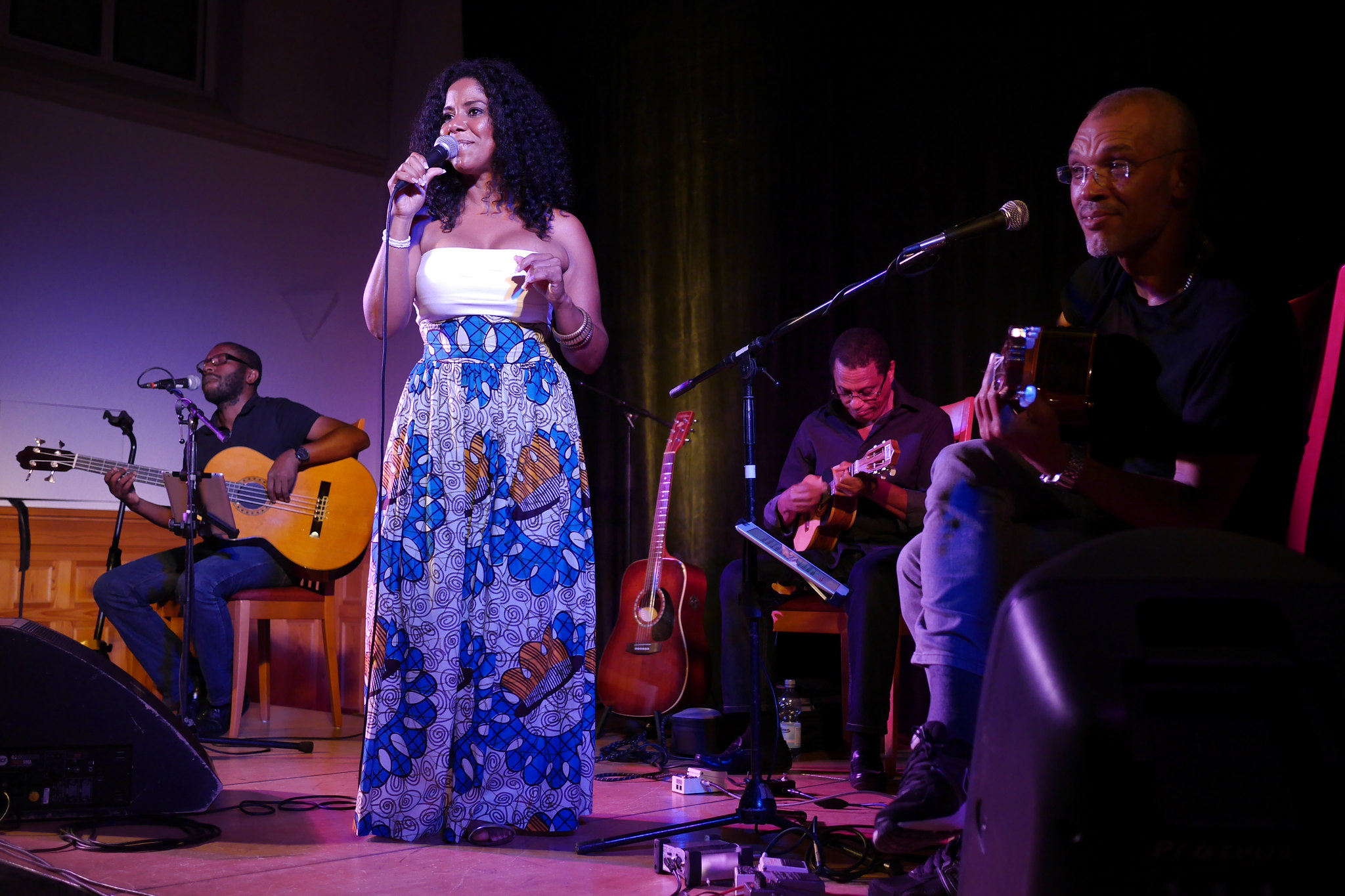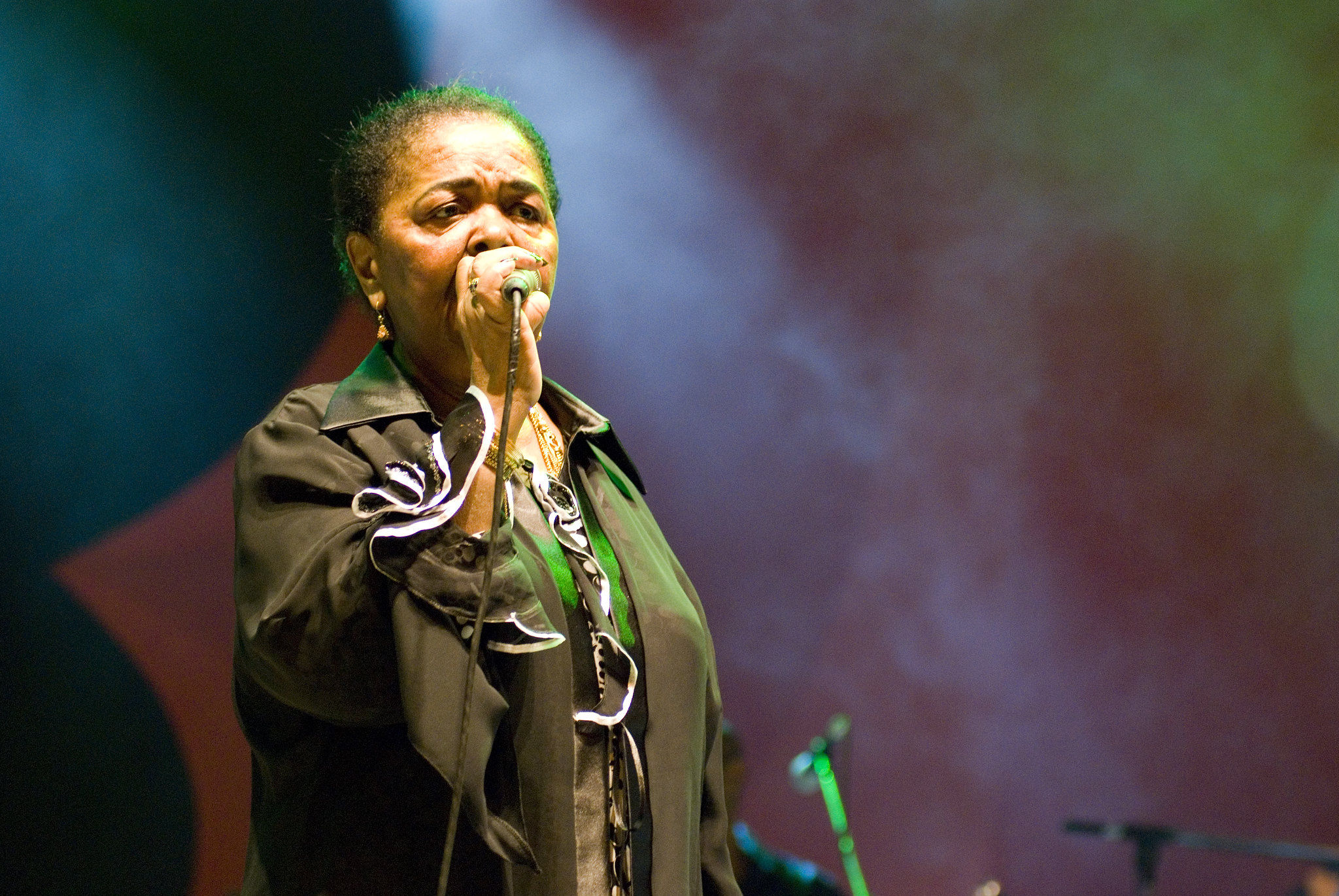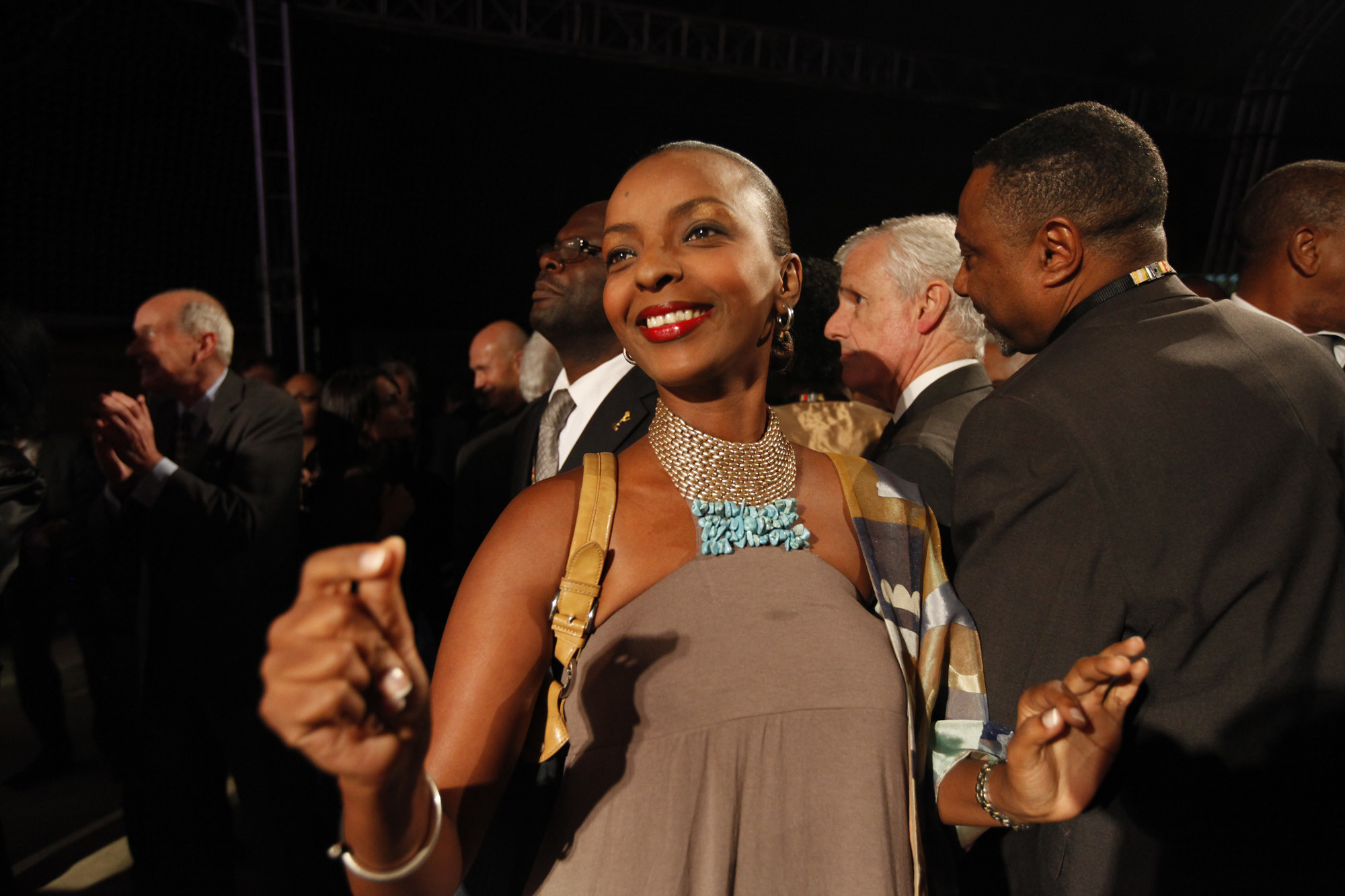All posts
Cape Verde's Music Scene
Cape Verde has a rich and diverse music scene that reflects the country's unique cultural heritage. From traditional folk music to modern genres like hip-hop and kizomba, Cape Verdean music has a lot to offer to visitors looking to experience the country's vibrant culture.

Here, we'll explore the history of Cape Verdean music, the different styles of music that exist, popular festivals and events, and the impact of Cape Verdean music on the global music industry.
I. Introduction
Cape Verdean music has a long and fascinating history that reflects the country's multicultural roots. The country's music scene is a blend of African, European, and Latin American influences that have come together to create a unique sound that is unlike anything else in the world.
Top 100 Cape Verdian playlist link
II. History of Cape Verdean Music
Cape Verdean music has its roots in West African rhythms and melodies that were brought to the country by slaves during the colonial period. Over time, these rhythms and melodies blended with European harmonies and melodies to create new styles of music that are uniquely Cape Verdean.
More about history: at this page

One of the most important figures in Cape Verdean music history is Cesaria Evora, who helped popularize the country's traditional music styles around the world.
III. Traditional Cape Verdean Music

Morna is a slow, mournful style of music that is considered the national music of Cape Verde. It is often performed with a guitar, violin, and a clarinet or saxophone. Coladeira is an upbeat dance style that is similar to the samba and is often played at festivals and parties. Funana is a fast-paced, accordion-based music style that is popular in the countryside. Batuque is a rhythmic drumming style that is often associated with women and has its roots in traditional African music.
IV. Modern Cape Verdean Music
Cape Verdean musicians have embraced a wide range of modern musical styles, including hip-hop, zouk, and kizomba. Cabo Love is a style of music that originated in the 1990s and is a blend of traditional Cape Verdean music and modern styles like reggae and zouk. Hip-hop has also become increasingly popular in Cape Verde, with local rappers like Batchart and William Araujo gaining international recognition. Zouk and kizomba are dance styles that originated in Angola and have become popular in Cape Verde in recent years.
This is interesting: Kizomba-Katxupa
V. Festivals and Events
Cape Verde hosts a number of music festivals and events throughout the year that showcase the country's rich musical heritage. The Kriol Jazz Festival is a popular event that takes place in Praia and features a wide range of local and international jazz musicians. The Gamboa Festival is another popular event that takes place in Mindelo and features a mix of traditional and modern Cape Verdean music styles. Praia Music Week is a week-long event that takes place in the capital city and features a wide range of local and international musicians. The Baia das Gatas Festival is a three-day event that takes place on the island of Sao Vicente and features a mix of local and international musicians.
VI. Impact of Cape Verdean Music
Cape Verdean music has had a significant impact on the global music industry. Musicians like Cesaria Evora, who helped popularize the country's traditional music styles around the world, have won numerous awards and accolades for their contributions to music. Cape Verdean music has also influenced a wide range of other musical genres, including jazz, blues, and Latin American music.
VII. Conclusion
Cape Verde's music scene is a reflection of the country's rich cultural heritage and unique blend of African, European, and Latin American.
Book with us: Traditional fish hunting trip, check this restaurants rating, try kite surfing in Cabo Verde!
Contacts
Phone in Santa Maria: +238 913 77 28

